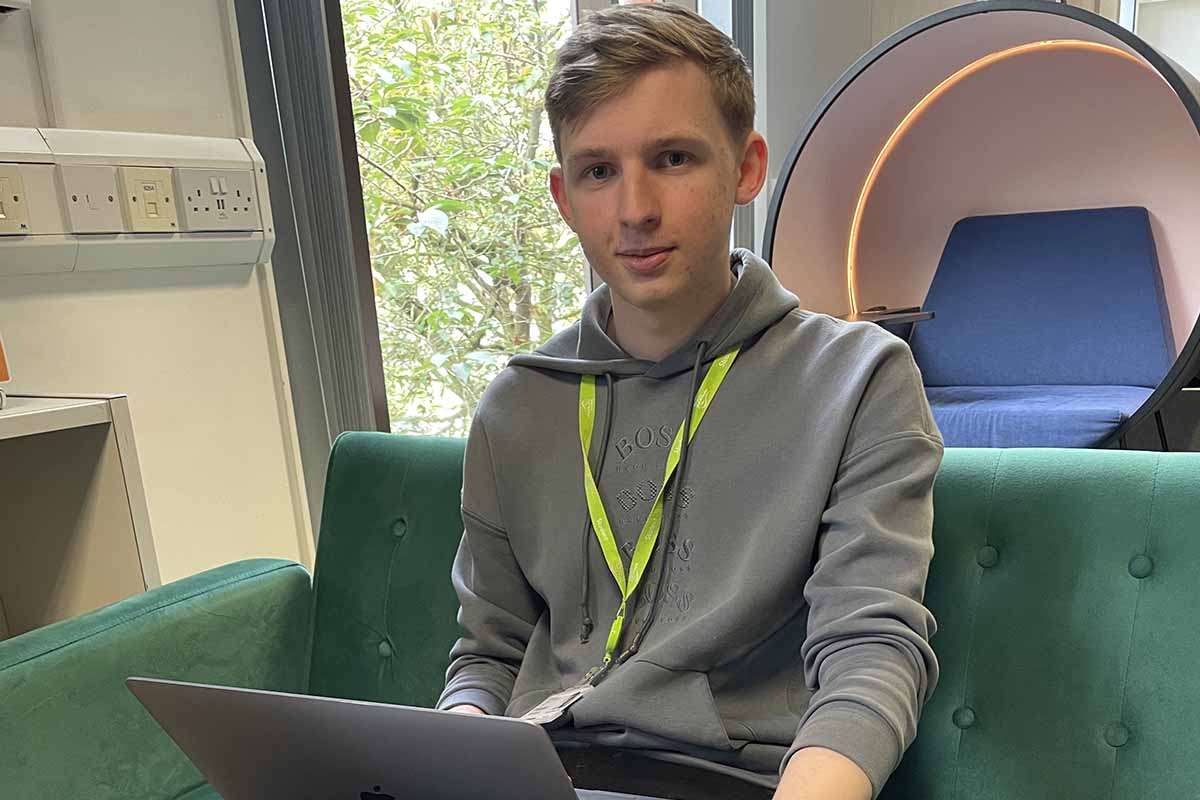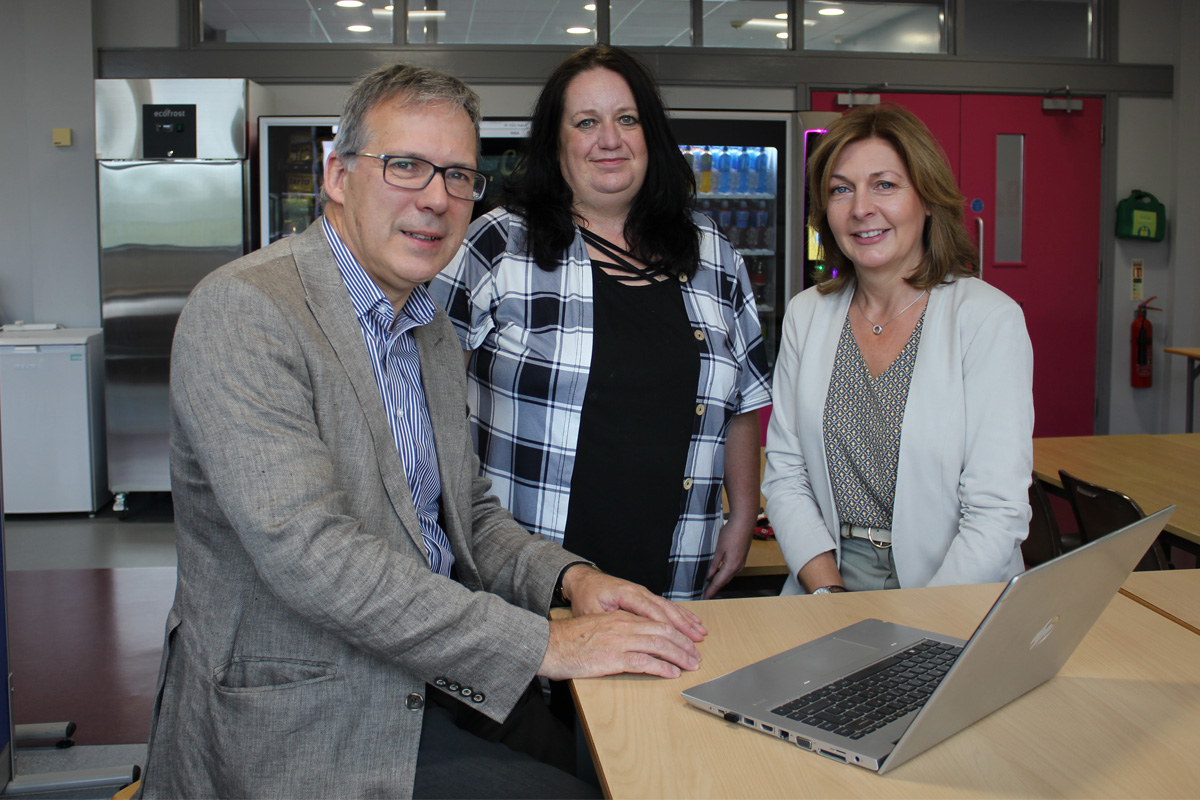New report shows Service children being missed out by universities

Only a quarter of universities in England have strategies in place to support Service children to progress to higher education and these numbers may fall over the next year. ‘Under the Radar – Service Children in the UK today’, released today, analysed 116 Access and Participation Plans (APPs) – which are the documents that universities have to produce outlining how they will support students from under-represented backgrounds to enter HE. The report finds that the number of these APPs that feature work with service children has gone down by 10% since 2000.
The higher education regulator, the Office for Students, has recently introduced a new online tool called the Equal Opportunities Risk Register (EORR) which outlines 12 risks to access and success in higher education along with over 40 groups who are subject to such risks. Service children, despite having lower entry rates into higher education than non-service children and being considerably more likely to move schools and/or experience separation from their military parents, are not included in the new risk register. Being left off the register will, the report predicts, lead to even fewer universities focusing on this key group of young people.
Service children are defined as ‘a person whose parent, or carer, serves in the regular Armed Forces, or as a reservist, or has done at any point during the first 25 years of that person’s life’. There are over 75,000 such children in England today.
The report was authored by Professor Graeme Atherton, Director of the National Education Opportunities Network (NEON), and supported by the Service Children’s Progression Alliance (SCiP), which brings together practitioners, researchers, policymakers and funders to build a stronger evidence base, better policy, and enhanced support for Service children’s education and progression.
As Philip Dent, the Director of SCiP, states:
“Children in serving and ex-Armed Forces families can benefit greatly from their unique experiences. However, far too many frequent moves between schools, and the stress of separation from parents and family, lead to disrupted learning, fractured relationships and lost opportunities. The result is that Service children are less likely to access higher education and underachieve if they move a lot or have additional needs. This report highlights how challenges in the higher education sector could compound these difficulties in the context of an Armed Forces Covenant that pledges to remove disadvantage. The report also identifies concrete actions that key actors can take to make immediate material differences to these remarkable children and young people’s lives.”
To access the full ‘Under the Radar – Service Children in the UK today’ report please go here.











Responses